By Cynthia Kadohata
Kira-Kira, the main character’s first word, is Japanese for “glittering”. Katie and her older sister Lynn would look at the sky at night and admire the Kira-Kira stars in Idaho and later in Georgia. While Katie’s childlike, innocent viewpoint is often entertaining, the reader expects a bit more action by page 80.
“She tried to read the whole dictionary once, so she knew the definitions of a lot of words that started with “a”.”
The ramblings of a 1st grade student, by that time, give the reader ample cause to wonder when the author will “get to the point”. Some little suspense surrounds when Lynn will die. Almost from page ten the author telegraphs her eventual demise. Most of the story is how Katie handles her private life as Lynn slowly expires. While many children’s books focus on the theme of personal loss, this one drags the story out unnecessarily.
The other main theme of Kira-Kira is of exploitation of non-union workers in the south during the Eisenhower administration, together with general racial prejudice against the Japanese. Again, while the focus is on what is happening to Katie’s family, she notices how her family is treated poorly but at NO TIME realizes that blacks are treated poorly. Blacks happen to be her friends and neighbors. This gives the story a rather narrow viewpoint, even for a child.
I would not recommend this book, but if the story line appeals to you anyway;
see this site for a literature unit:
www.edhelper.com/books/KiraKira.htm?gclid=CIWM7Jaa3IoCFSWHPgodBHWC3g
Sunday, March 4, 2007
Subscribe to:
Post Comments (Atom)






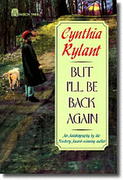







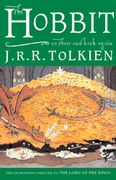







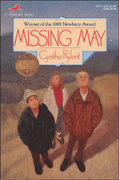
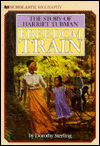











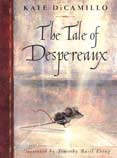






No comments:
Post a Comment